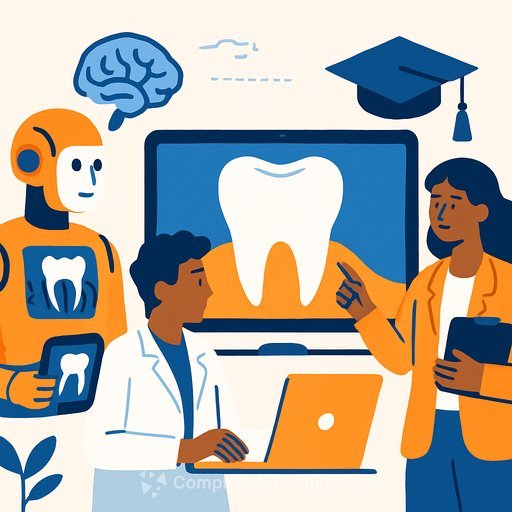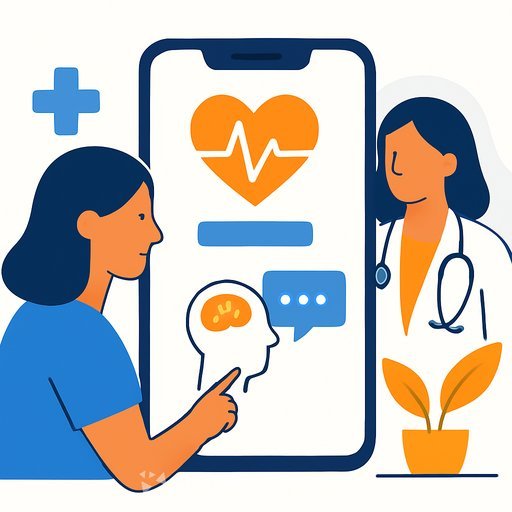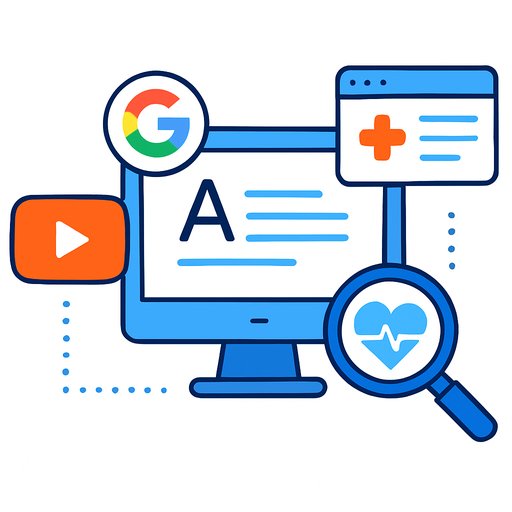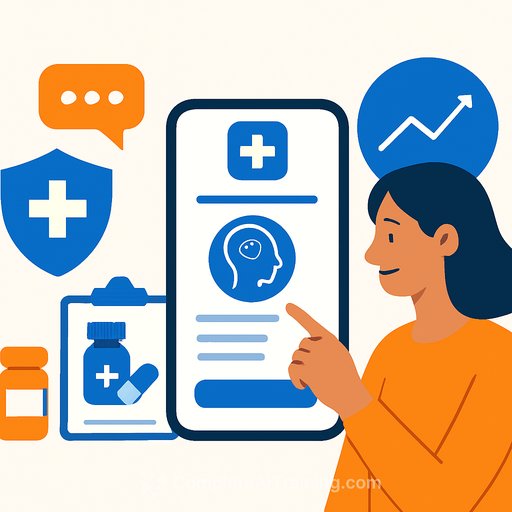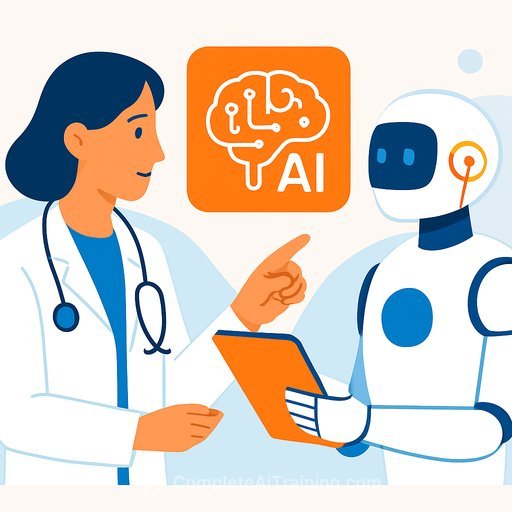From Theory to Practice: Building AI-Ready Doctors at NUMed
Artificial intelligence is changing healthcare across research, diagnosis, treatment planning, and patient care. In Malaysia, many medical students see its value, yet a large share don't feel ready to work with it on day one.
"What healthcare needs are professionals who can work with AI responsibly-who see the limits, ask ethical questions, and collaborate with data scientists. Right now, there's a clear gap between what students learn in theory and what they can do in practice," said Dr Leeynesh Sooriyapiragasam, clinical lecturer at Newcastle University Medicine Malaysia (NUMed).
This awareness-versus-readiness gap has pushed NUMed to create an environment where future clinicians contribute to how AI is used in care, not just consume tools.
What AI-readiness looks like in medical training
Software alone won't fix the gap. It takes a shift in how teams think and work, starting early in medical school.
- Interpret model outputs and know when they're unreliable.
- Spot bias in data and outputs, and escalate concerns.
- Apply AI insights with clinical judgment and clear documentation.
- Learn side by side with data scientists and engineers to solve real problems.
- Critically appraise AI-driven research and its methods, not just the headline metrics.
How NUMed builds these skills
NUMed introduces AI through a virtual medical learning environment, digital health modules, and evidence-based medicine teaching that includes data analytics. Students regularly critique AI-based studies and reflect on ethical issues in care.
Those who want to go deeper explore machine learning in medicine during electives. The goal is simple: blend technical literacy with medical professionalism so graduates lead with AI-responsibly.
Real clinical exposure, not just classroom talk
Students join research projects that apply AI to clinical datasets and take part in hospital collaborations. They tap into Newcastle University's research network in the UK and, during UK electives, contribute to quality improvement projects that incorporate AI.
In Malaysia, healthcare tech companies are opening more internship spots to medical students. Time spent with digital health start-ups helps students get fluent with tools and see how AI fits into daily workflows.
Skills every clinician will need over the next decade
- Digital literacy: comfort with data sources, privacy, and basic model concepts.
- Critical appraisal: ability to question performance claims and study design.
- Ethical awareness: consent, bias, accountability, and patient safety.
- Adaptability: working in teams where AI becomes a day-to-day partner in care.
If you're building your AI competence
For ethical best practices, see the WHO guidance on AI for health and reporting standards like CONSORT-AI/SPIRIT-AI. If you want structured learning paths by role, explore curated options at Complete AI Training.
Explore AI learning opportunities at NUMed
Discover how Newcastle University Medicine Malaysia can help you build practical, ethical AI skills for healthcare.
Website: www.newcastle.edu.my
Email: admissions@newcastle.edu.my
Call: 07-555 3800
WhatsApp: 011-1231 5411 / 012-784 9456
Your membership also unlocks:

